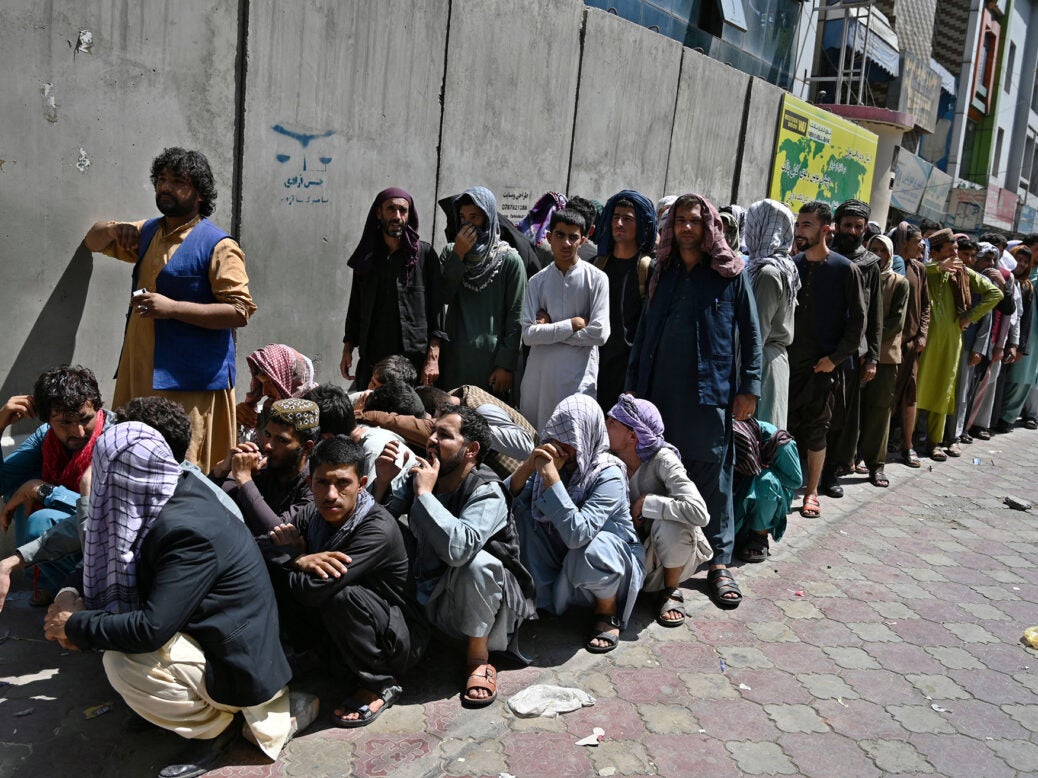Ido Vock

Russia will host multilateral talks about Afghanistan on Wednesday 20 October. The talks, to which neighbouring countries such as Pakistan and China have been invited, are notable because they will also include Afghanistan’s de facto rulers, the Taliban. The group was not invited to last week’s G20 talks on Afghanistan.
A “large Taliban delegation” will be present in Moscow, foreign ministry spokesperson Maria Zakharova told the media. The summit will be one of the first to include the Taliban since it seized control of Afghanistan in August, even as no government has so far recognised the group as the country’s legitimate rulers.
The talks are likely to focus on rebuilding Afghanistan’s economy, currently in ruins. Most of the foreign aid it depends on was suspended after the Taliban takeover. Trade and the country’s financial system have been frozen since the new authorities took power. Ninety-five per cent of Afghans aren’t getting enough to eat, according to the UN’s World Food Programme. Some parents, pushed into utter destitution, are selling their children to settle debts.
Terrorism will also be on the agenda: Russia is keen to push the Taliban to contain IS-K, a local affiliate of Islamic State that is opposed to the new authorities and responsible for several recent attacks, including one at Kabul Airport during the last days of the Western evacuation in which about 170 people died.
Afghanistan matters to Russia in part because it shares an extensive and largely unpoliced border with Tajikistan, a former Soviet state in which Russia maintains a military base. The Tajik government has emerged as one of the staunchest opponents of the Taliban.
Tajikistan’s ruler, Emomali Rahmon, has hosted the leaders of the “Panjshir resistance”, the handful of militants who held out in the Panjshir Valley, the last area of Afghanistan to fall to Taliban control. Rahmon, who was in power the last time the Taliban ruled Afghanistan in the late 1990s, worries about the group’s links to the drug trade, as well as the potential for Islamist radicalism to be exported into Central Asia, and a refugee crisis that could destabilise his country.
The fact that the Taliban will be present at the summit – unlike last week’s G20 talks – means that the political aims of the conference may be more likely to bear fruit. How the Taliban, which craves international legitimacy, behaves may serve as an indication of how likely future diplomatic recognition from countries such as Russia could be.
No comments:
Post a Comment